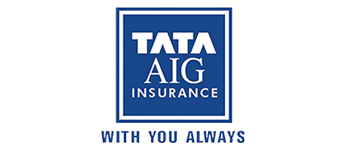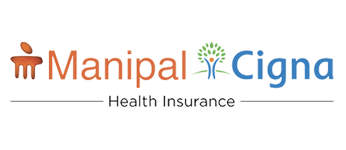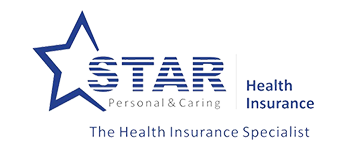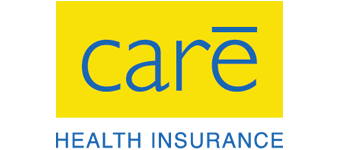Pre-existing diseases (read the policy to understand what a pre-existing disease is defined as) are excluded under a Health Insurance policy.
Further, the policy would generally exclude certain diseases from the first year of coverage and also impose a waiting period.
There would also be certain standard exclusions such as the cost of spectacles, contact lenses, and hearing aids not being covered, dental treatment/surgery ( unless requiring hospitalization) not being covered, convalescence, general debility, congenital external defects, venereal disease, and intentional self-injury.
Use of intoxicating drugs/alcohol, AIDS, expenses for diagnosis, x-ray or laboratory tests not consistent with the disease requiring hospitalization;
Treatment relating to pregnancy or childbirth including cesarean section, and newborn child up to 90 days
naturopathy treatment.

















 Instant Policy
Instant Policy

